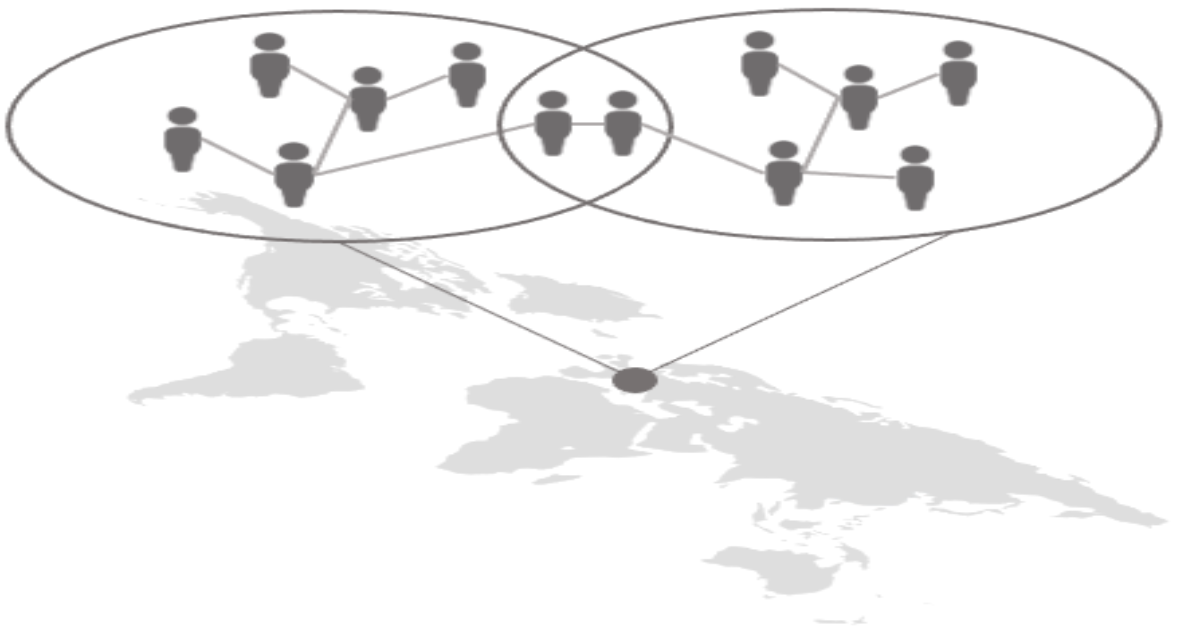Advances in Complexity Science through Modeling and Simulation
A special issue of Applied Sciences (ISSN 2076-3417). This special issue belongs to the section "Computing and Artificial Intelligence".
Deadline for manuscript submissions: closed (30 April 2023) | Viewed by 22781

Special Issue Editors
Interests: distributed systems; computer graphics; virtual and augmented reality; computer-supported collaborative work; open data
Interests: distributed algorithms; peer-to-peer (P2P) systems; small-world networks; Internet-based computing
Special Issue Information
Dear Colleagues,
A wide range of natural, social, and artificial organizations are characterized by many strongly interacting components, which give life to behaviors that are incomprehensible upon examining a single piece. Such organizations are commonly referred to as complex systems, and as examples we can name traffic control, weather, policy making, and epidemic dynamics. Complexity science is a broad umbrella term that embraces this aspect and several disciplines, each with its tools, languages, and specific methods, to formulate a model that can imitate real-world systems. Under this paradigm, complex systems are dealt with using different approaches. For the purpose of this Special Issue, we are interested in theoretical and practical research results related to the analysis of complexity via agent-based simulations, network science, and artificial intelligence under the lens of computational frameworks, algorithms, and software tools.
Agent-based simulations are a widely used analysis tool in this area since they make it possible to cope with complexity via a bottom-up approach by defining the behaviors of independent and interacting entities (agents). Such entities have a specified set of characteristics and interact with each other and their environment according to predefined rules. Agents may represent individuals, viruses, governments, or any other entities of interest. Further, they may adapt their behavior to their experiences, interactions with other agents, and interactions with their environment. In this context, network science comes into play as agents’ interaction patterns are usually described with a network, commonly via the mathematical structure of graphs, which permits modeling pairwise relations, or, more recently, with hypergraphs, which capture many-to-many interactions. Finally, research on complex systems is empowered by using artificial intelligence to model complex autonomous agent behaviors and analyze emergent system properties.
The final destination of complex systems research is to provide more accurate and efficient models to better understand and imitate real-world systems at different scales. However, researchers have to face myriad challenges from the computational perspective, such as supporting multi-disciplinary and cooperative design, hyperparameter optimization, presentation of findings, visualization, integrating real-time data, and handling increasingly computation-intensive models and analysis.
The purpose of this Special Issue is to present a collection of the latest research in the broad field of complexity science, with a specific focus on software frameworks and modeling tools for the analysis of complex systems. Articles devoted to advances in agent-based simulation, network-based models, AI integration, and enabling large-scale analysis using parallel and distributed computation are within the scope of this Special Issue. We welcome the submission of research results from academia or industry, either theoretical or practical, as well as scalable applications and review articles.
Topics:
- Agent-based simulation, network science, and artificial intelligence applied to complexity science.
- Formal models for large-scale complex systems.
- Large-scale systems tools and frameworks
- Parallel computing;
- Distributed computing;
- Cloud computing, multi-cloud, edge computing.
- Visualization methodologies and software tools.
- Application of complexity science.
- Review articles about complexity science.
Prof. Dr. Vittorio Scarano
Prof. Dr. Gennaro Cordasco
Dr. Carmine Spagnuolo
Guest Editors
Manuscript Submission Information
Manuscripts should be submitted online at www.mdpi.com by registering and logging in to this website. Once you are registered, click here to go to the submission form. Manuscripts can be submitted until the deadline. All submissions that pass pre-check are peer-reviewed. Accepted papers will be published continuously in the journal (as soon as accepted) and will be listed together on the special issue website. Research articles, review articles as well as short communications are invited. For planned papers, a title and short abstract (about 250 words) can be sent to the Editorial Office for assessment.
Submitted manuscripts should not have been published previously, nor be under consideration for publication elsewhere (except conference proceedings papers). All manuscripts are thoroughly refereed through a single-blind peer-review process. A guide for authors and other relevant information for submission of manuscripts is available on the Instructions for Authors page. Applied Sciences is an international peer-reviewed open access semimonthly journal published by MDPI.
Please visit the Instructions for Authors page before submitting a manuscript. The Article Processing Charge (APC) for publication in this open access journal is 2400 CHF (Swiss Francs). Submitted papers should be well formatted and use good English. Authors may use MDPI's English editing service prior to publication or during author revisions.
Benefits of Publishing in a Special Issue
- Ease of navigation: Grouping papers by topic helps scholars navigate broad scope journals more efficiently.
- Greater discoverability: Special Issues support the reach and impact of scientific research. Articles in Special Issues are more discoverable and cited more frequently.
- Expansion of research network: Special Issues facilitate connections among authors, fostering scientific collaborations.
- External promotion: Articles in Special Issues are often promoted through the journal's social media, increasing their visibility.
- Reprint: MDPI Books provides the opportunity to republish successful Special Issues in book format, both online and in print.
Further information on MDPI's Special Issue policies can be found here.






